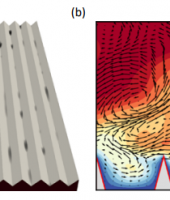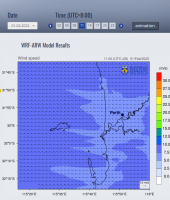Indoor pattern recognition in way finding for vision impairment people using restricted resources
According to world health organisation records, 285 million people are vision impaired worldwide; approximately 39 million are totally blind and 246 have low vision. Way finding is a challenging for vision impaired people. The project attempts to develop deep learning algorithms to assist real time location navigation for vision impaired people. The algorithms have to be computational effective but accurate for classifying obstructions and pathways in poor quality images which are captured in poor conditions under shadows, blurring and low light situations. The developed algorithms attempt to classify static and dynamic obstacles, both in indoor and outdoors environment such as walkways, sidewalks, stairways, path edges etc. The deep learning algorithms will be implemented to build a comprehensive real-time navigation system using arrange sensors in a hand held devices. The system will be helpful in vision impairment navigation.
Area of science
Computing
Systems used
Zeus
Applications used
Tensorflow python, gplearn python
Partner Institution: Curtin University|
Project Code:
The Challenge
We did not have enough computation facility or GPU machines to run the algorithms which are developed python tensorflow / python gplearn. It took quite a long time to run the program.
The Solution
We did not have enough computation facility or GPU machines to run the program since a long computational time is required. Zeus helps our computation. The simulation time and computation time is much faster when Zeus is used.
The Outcome
We have implemented the following two API, tensorflow python and gplearn python in zeus. We run our algorithms in zeus.





